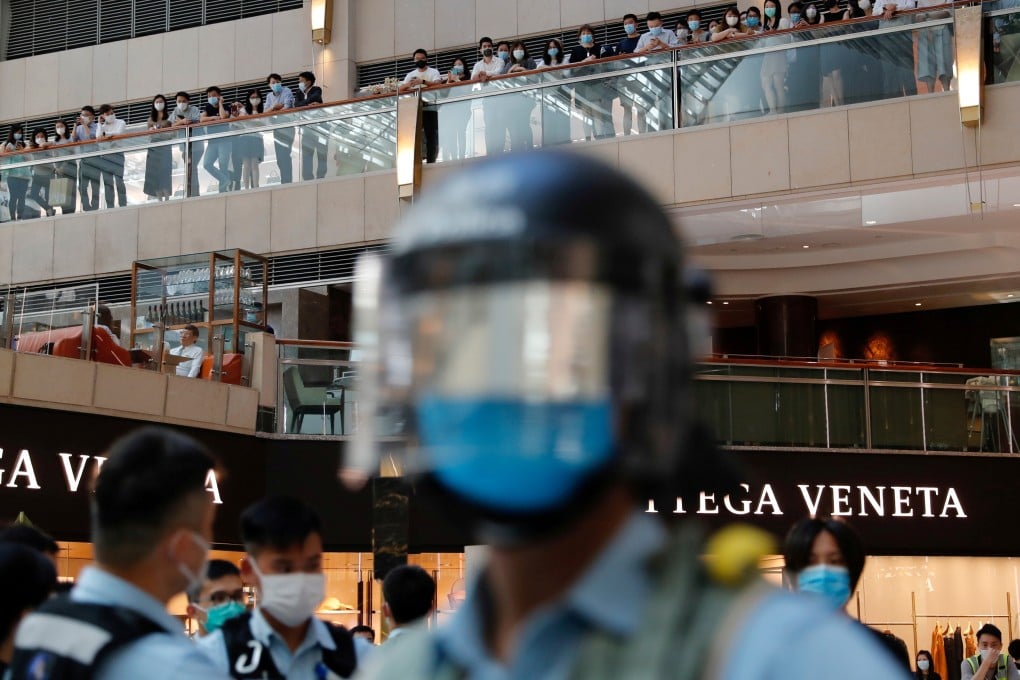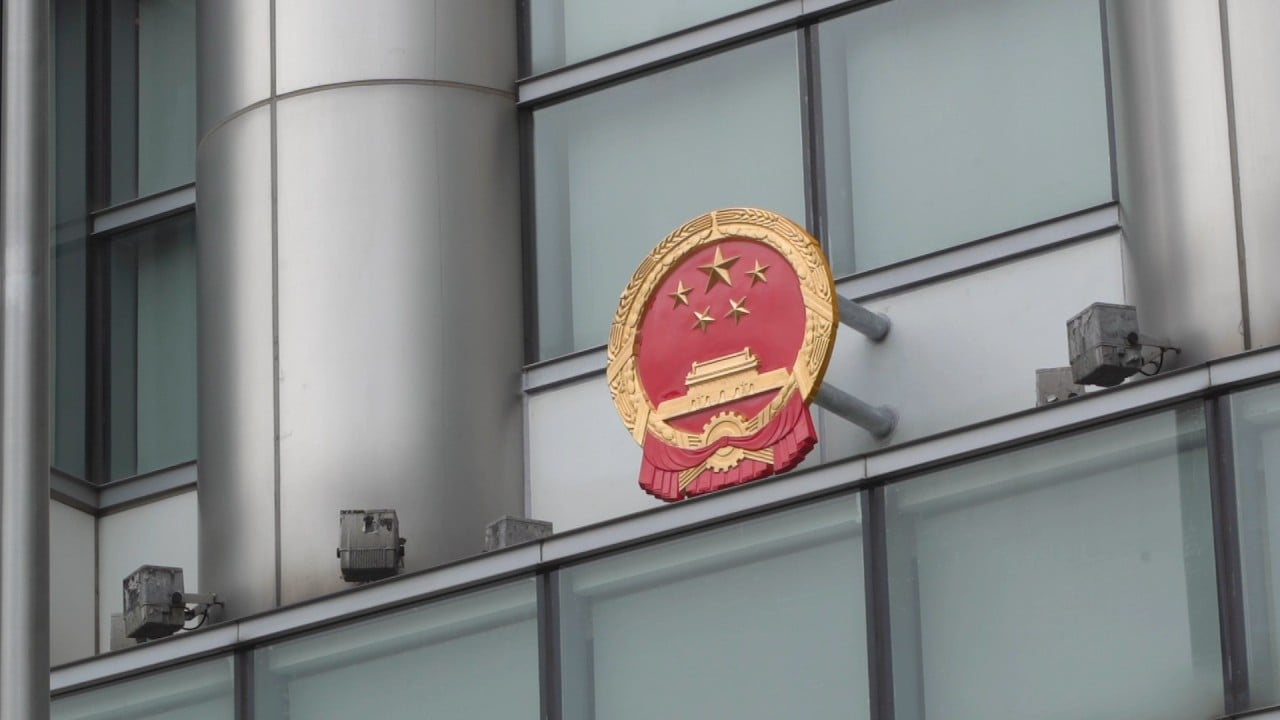Advertisement
Opinion | In Trump, China has an adversary who’s not afraid to push back – even if it means economic pain
- Communist Party leaders have overplayed their hand by tightening control over Hong Kong with a national security law
- Trump and his senior advisers not only believe in the law of the jungle, but are also unafraid to wield raw power against their foes
Reading Time:3 minutes
Why you can trust SCMP

Some of the Chinese government’s recent policies seem to make little practical sense, with its decision to impose a national security law on Hong Kong being a prime example. The law’s rushed enactment by the National People’s Congress effectively ends the “one country, two systems” model that has prevailed since 1997, when the city was returned from British to Chinese rule, and tensions between China and the West have increased sharply.
Advertisement
Hong Kong’s future as an international financial centre is now in peril, while resistance by residents determined to defend their freedom will make the city even less stable. Moreover, China’s latest move will help the US to persuade wavering European allies to join its nascent anti-China coalition. The long-term consequences for China are therefore likely to be dire.
It is tempting to see China’s major policy miscalculations as a consequence of overconcentration of power in the hands of President Xi Jinping. This argument is not necessarily wrong, but it omits a more important reason for the Chinese government’s self-destructive policies: the mindset of the Communist Party of China.
The party sees the world as, first and foremost, a jungle. Having been shaped by its own brutal struggle for power against impossible odds between 1921 and 1949, the party is convinced that its long-term survival depends solely on raw power.
When the balance of power is against it, the party must rely on cunning and caution to survive. The late Deng Xiaoping aptly summarised this strategic realism with his foreign-policy dictum: “hide your strength and bide your time”.

02:45
Hong Kong hotel becomes home to Beijing’s new national security office in the city
Hong Kong hotel becomes home to Beijing’s new national security office in the city
So, when China pledged in the 1984 Joint Declaration with Britain to maintain Hong Kong’s autonomy for 50 years after the 1997 handover, it was acting out of weakness rather than a belief in international law.

Advertisement
